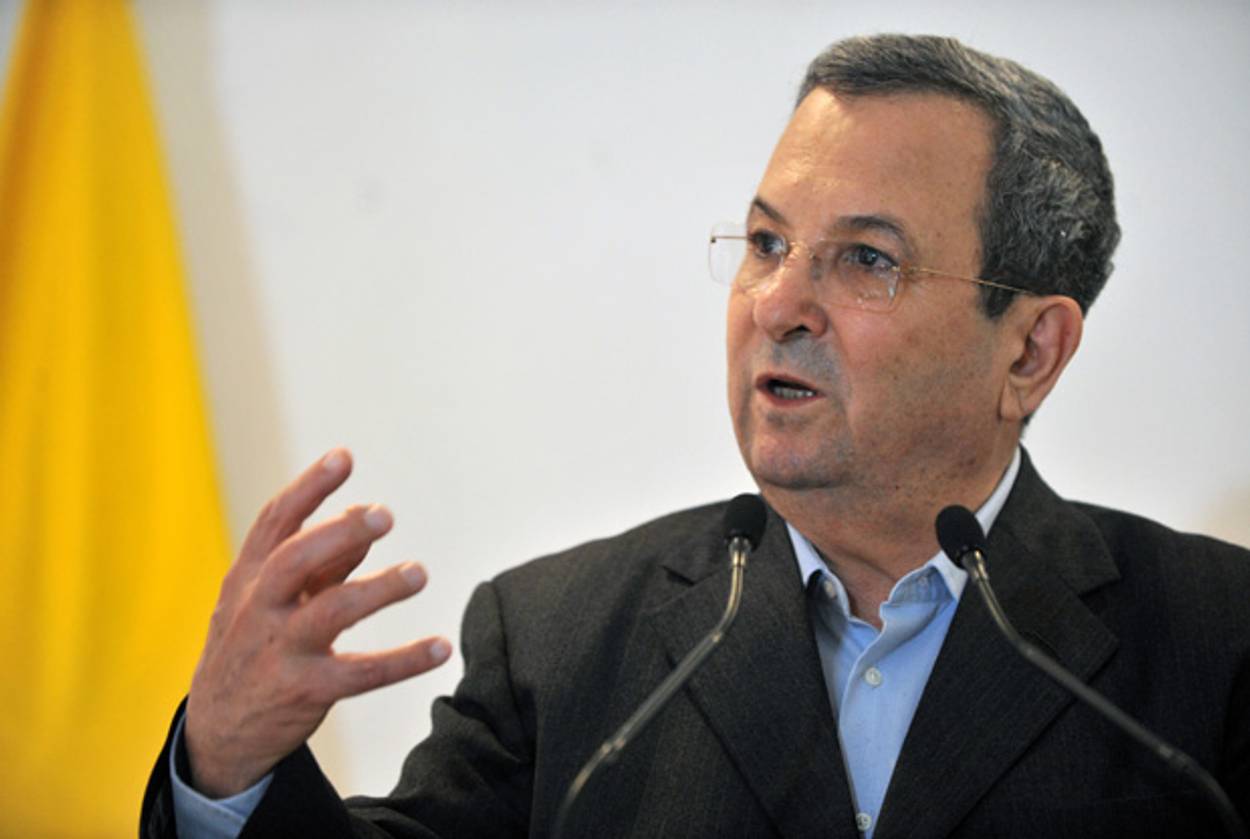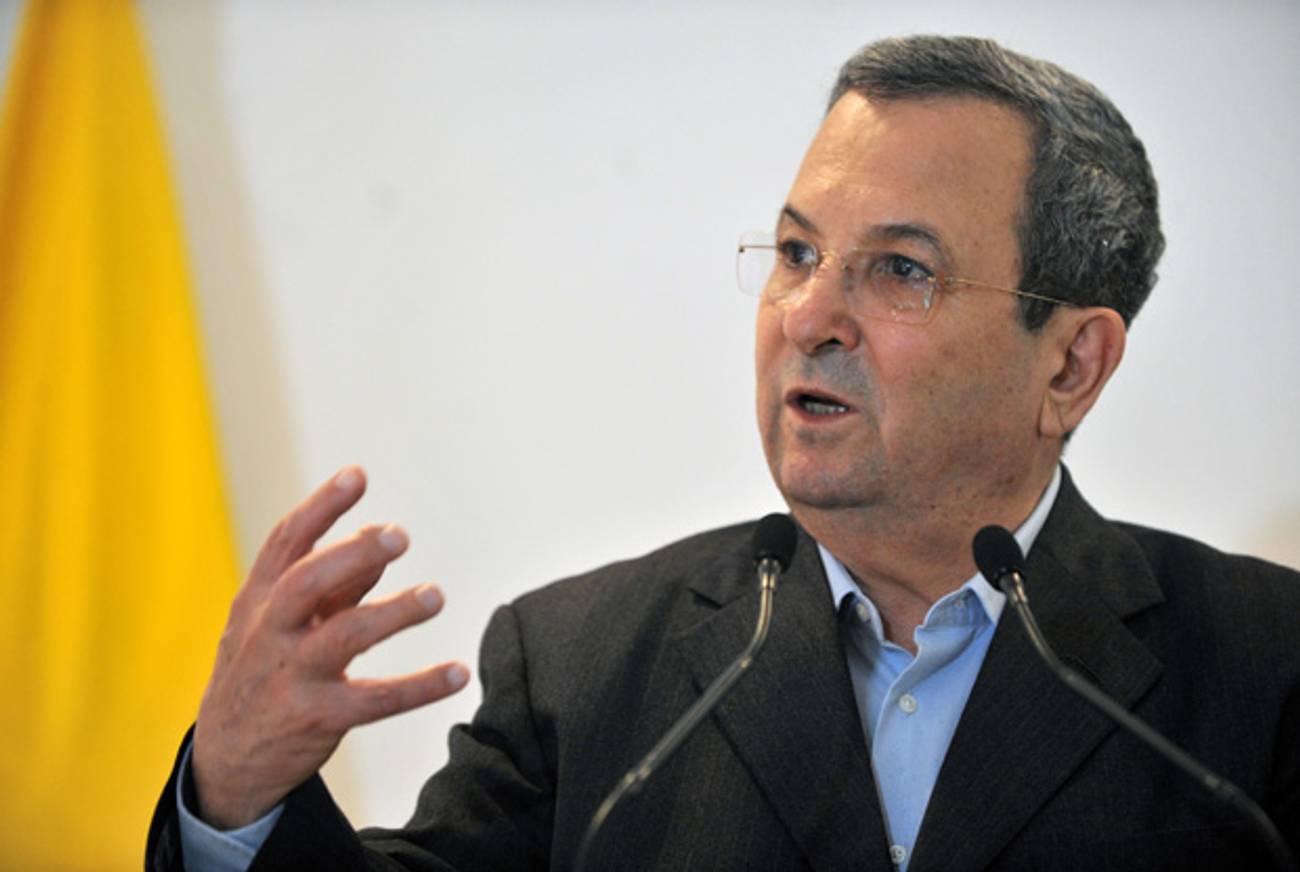Has This Iran Hawk Been Declawed?
Barak delivers barn-burner, but he may be bluffing




Defense Minister Barak—alongside Prime Minister Netanyahu, the crucial voice in deciding whether Israel should attack Iran’s nuclear facilities—sounded hawkish notes in an address yesterday. “The likelihood that Iran will heed international demands to halt the program irreversibly at the current pressure level seems low,” he told military officials in an Independence Day address. “Now is the moment for the entire international community to gear up to put a swift and decisive end to Iran’s nuclear program.”
The thing to remember is this: Barak and Netanyahu have nothing to gain from sounding dovish notes, and plenty to gain from sounding hawkish ones. That isn’t proof that the hawkish notes aren’t genuine; it just means they may be something of a bluff. Janine Zacharia argued as much, pointing to among other things the lack of preparation on the Israeli homefront for the sort of retaliation from Iran you would expect if you bombed their facilities. And Shmuel Rosner shrewdly notes that by upping the stakes with his reductio al Holocaust, Bibi actually makes it easier to talk tough, because it’s more difficult to question the threat when the threat is another six million dead.
In the world outside rhetoric, there is evidence that giving sanctions and diplomacy a chance—at least to keep kicking the can down the road, if not to actually achieve a solution—is worth it, something that wouldn’t be lost even on the Israeli leadership, at least in private. Iran is reported to be entertaining a Russian proposal to halt enrichment because of the major swipe sanctions have taken at its economy. (Mere rhetoric, you say? Possible, but we do know for a fact that Iran’s currency has plummeted, and that Iranian oil tankers are bobbing in the surf because they can’t find enough buyers and can no longer be fully insured.) And at the level of pure rhetoric, Iran is sounding conciliatory notes. I would suspect that this is intended mainly to lead us on, too, except that this new vocal support for talks is being directed not at the international community but at the Iranian people—as though to prepare them for the concessions to come.
What I don’t buy is the suggestion that Israel might agree to live with an Iran that is capable of breaking out quickly into possessing nuclear weapons—the current status of, say, Japan. Jeff Goldberg put that notion to rest in his careful elucidation of what the IDF chief-of-staff meant earlier this week when he said he did not believe the Supreme Leader would decide to build a bomb.
Which is a shame, because, as this Foreign Affairs story suggests, if they did decide to build one, they’d probably suck at it.
Barak: Gear Up Now [Times of Israel]
Bibi Is Bluffing [Slate]
Playing the Holocaust Card [NYT Latitudes]
Iran Says It May Halt Nuclear Program Over Sanctions [Bloomberg]
Iran Sends Positive Signals for Nuclear Talks [AL Monitor]
What Did the Israeli Army Chief Actually Say About Iran? [Atlantic Goldblog]
Botching the Bomb [Foreign Affairs]
Marc Tracy is a staff writer at The New Republic, and was previously a staff writer at Tablet. He tweets @marcatracy.